Courses
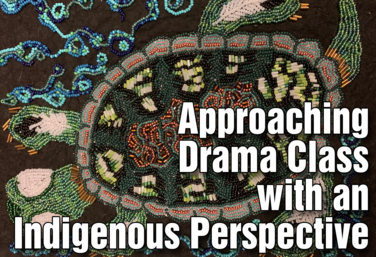
Approaching Drama Class with an Indigenous Perspective
by Allison Green
Units
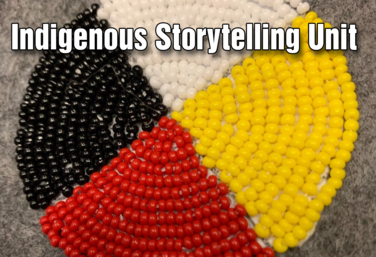
Indigenous Storytelling Unit
by Allison Green

Decolonizing Monologues
by Nicholas Pappas
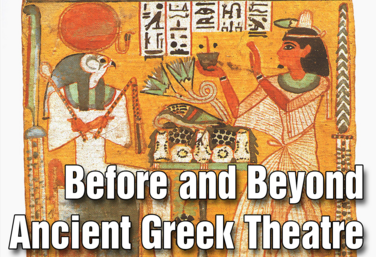
Unit 1: Before and Beyond Ancient Greek Theatre
by Drama Teacher Academy
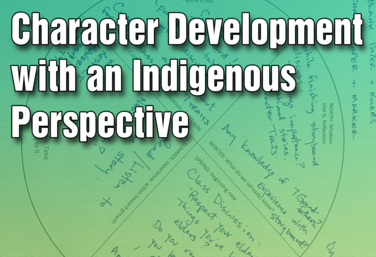
Character Development with an Indigenous Perspective
by Allison Green
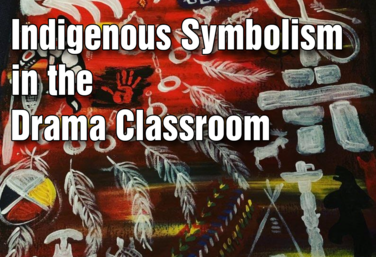
Indigenous Symbolism in the Drama Classroom
by Allison Green
Lesson Plans
The Problematic Use of Brownfacing in Film
by Quincy Young
Close Reading Analysis of Monologue: Not Again
by Quincy Young
The History of Blackface in Theatre
by Quincy Young
Play Analysis of The Post Office by Rabindranath Tagore
by Quincy Young
Close Reading Analysis of It's Always Loud in the Balcony
by Drama Teacher Academy
The Black Arts Movement
by Quincy Young
Ira Aldridge: Changing The Story
by Drama Teacher Academy
African Fable and Storytelling
by Desiree Dabney
"I am From" Poem
by Desiree Dabney
Nigerian Praise Poem
by Desiree Dabney
John Douglas Thompson: Diversity in Shakespeare
by Drama Teacher Academy
Susie King Taylor: Memoir of Service
by Desiree Dabney
Resources

Masterclass with Jordan Hughes: Starting a Career in the Arts After College
Latinx Plays and Playwrights

Masterclass with Vincent Terrell Durham: Playwriting
Public Domain BIPOC Plays
Public Domain BIPOC Short Stories
Posters: Quotes from Black Voices
Bringing Black and Latinx Plays & Playwrights into the Drama Classroom
Do's and Don'ts for Producing BIPOC Plays
BIPOC Quotes
BIPOC Streaming Shows
Black Theatre Artists
Posters: BIPOC Quotes
Protest and Art Resource
BIPOC Casting Directors and Producers
Shakespeare and Race Resource
Theatre for Young Audience Plays by BIPOC Playwrights
BIPOC Theatre Book List and Classroom Resources
The Black Arts Movement
Black Theatre Artists: Quote Reflection and Expression
Create an Anti-Slur Policy
Playreading Project: Diversifying the Bookshelves
PLCs

Bringing Black History into the Theatre Classroom
Hosted by Matt Webster, Lindsay Price, Kimberly Thompson, Quincy Young